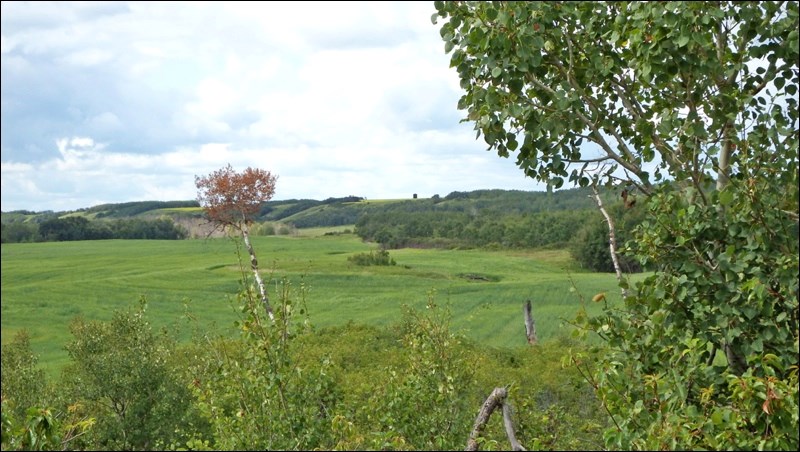CNW - As the Victoria Day weekend and warmer weather usher in another tick season and the potential for Lyme disease to reach new heights, researchers at the G. Magnotta Lyme Disease Research Lab and Abell Pest Control have teamed up to raise greater awareness about precautions the public can take.
“For starters, anyone who spends time outdoors should be vigilant, including those who live in urban areas,” says John Abell, President of Abell Pest Control. “The likelihood of someone contracting Lyme disease in his/her own backyard is very real.”
While tick populations tend to gravitate to wooded or bushy areas with tall grasses, they are also at home in shrubs or leaf piles around the house.
Climate change is a major factor contributing to the dramatic rise in cases of Lyme disease in Canada. According to the Public Health Agency of Canada, there were more than 2,000 reported cases across the country in 2017, up from 144 cases since it began tracking in 2009. Several provinces are considered hotspots including Ontario, Quebec and Nova Scotia.
This is Lyme Disease Awareness month in Canada. Lyme disease is caused when bacteria spread through the bite of infected ticks. The best way to avoid tick bites is to wear long pants, apply insect repellent and do a tick check after being outdoors.
“One of the biggest challenges is that ticks are about the size of a poppy seed, making them difficult to spot,” says Dr. Melanie Wills, Director at G. Magnotta Lyme Disease Research Lab, at the University of Guelph. “If a tick is found it should be removed as quickly as possible using fine tweezers, or a special tool, so that the body isn’t squeezed or crushed.”
According to a national survey conducted by Abell Pest Control, 72 per cent of Canadians believe they could properly identify and remove a tick.
The G. Magnotta Lyme Disease Research Lab brings together leading scientists with the goal of combating Lyme and related diseases. Abell Pest Control has established a scholarship in Lyme disease research. For more information on their work, or to donate, visit: https://www.gmagnottafoundation.com/



